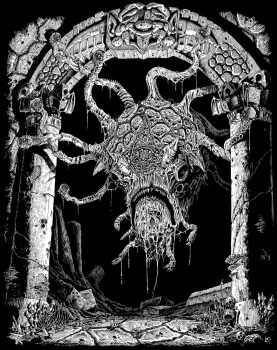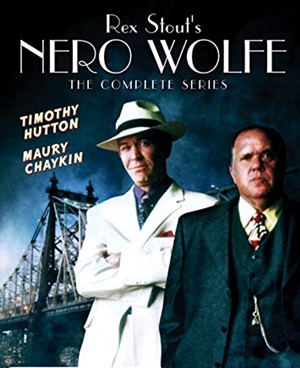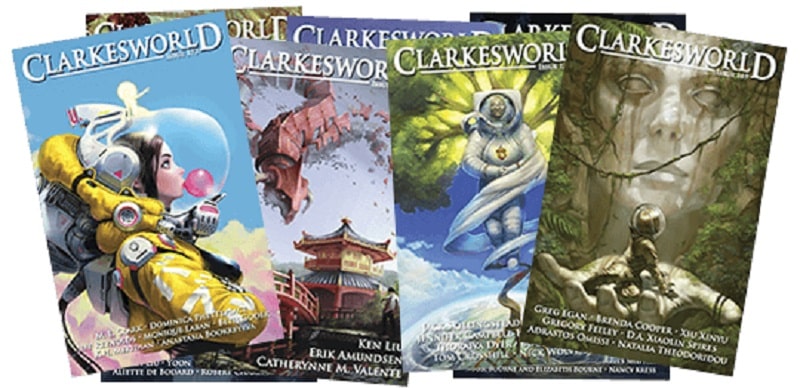Might For Right: The Once and Future King, Part 1 by T.H. White
“I have been thinking,” said Arthur, “about Might and Right. I don’t think things ought to be done because you are able to do them. I think they should be done because you ought to do them.”
King Arthur, p. 239 The Once and Future King
I first read English author T.H. White’s The Once and Future King when I was seventeen, fresh from seeing the movie Camelot (1967) for the first time (the musical Camelot, by Lerner and Lowe was based on parts of White’s novel). The tale of Arthur Pendragon, by turns both comic and tragic, told in a thoroughly anachronistic and post-modern way, reached me as few other books had. The story of Arthur’s education and effort to create a better world and his ultimate failure and downfall broke my heart. I absolutely loved the book and used it as the basis for my AP English exam essay instead of any of the books I’d read in class (I aced the test). More than any other Arthurian book or movie, White’s book forms my image of Arthur’s doomed noble reign.
I know I reread the book once during college or grad school, but that was over thirty years ago and my memories are dim. To say I approached The Once and Future King last month with some trepidation is an understatement. There’s been more than one greatly admired book I’ve revisited only to find out that whatever affection I held for it had flown. I did not want that to happen here. Nonetheless, spurred again by watching Camelot recently, I was determined to read the book. Having finished the first two parts of the novel, I am happy to find that not only do I still love the book, I’m impressed more than ever by its power and White’s artistry. Note: To convey the latter point, I’ll be quoting the book generously.
The Once and Future King is really four books; The Sword in the Stone (1938), The Witch in the Wood, later retitled The Queen of Air and Darkness (1939), The Ill-Made Knight (1940), and The Candle in the Wind (1958). The first three were all published as standalone novels, the fourth only as part of the unified four-book collection. A fifth part, The Book of Merlyn (1977), was written in 1941 but wasn’t published until long after White’s death in 1964. For today, I’m going to write on the first two parts.
…






